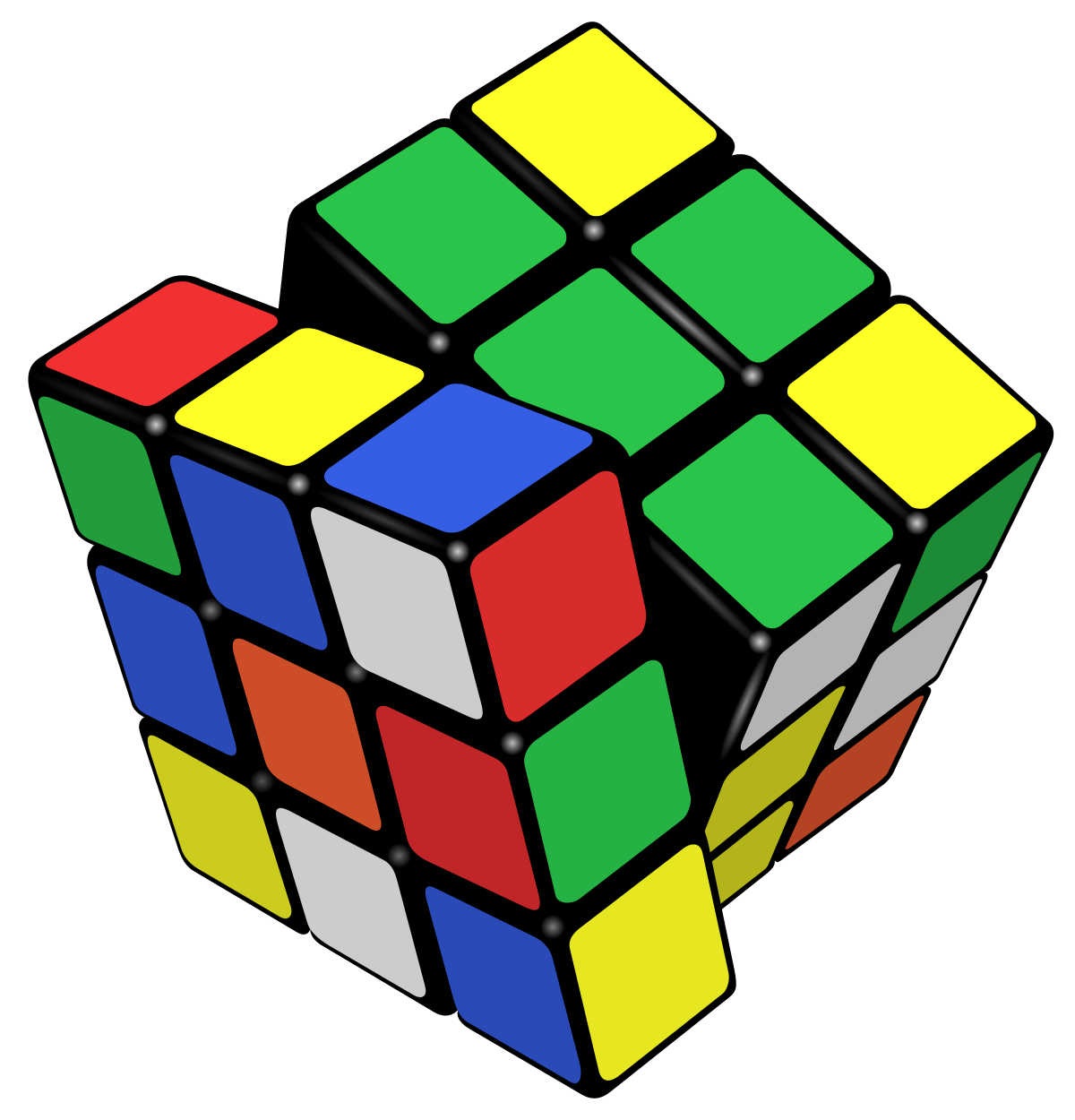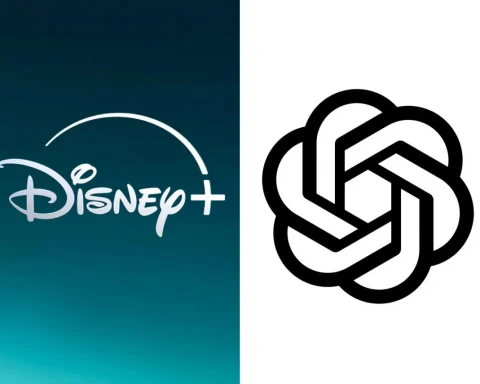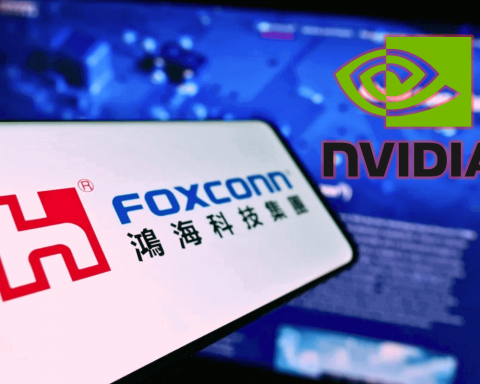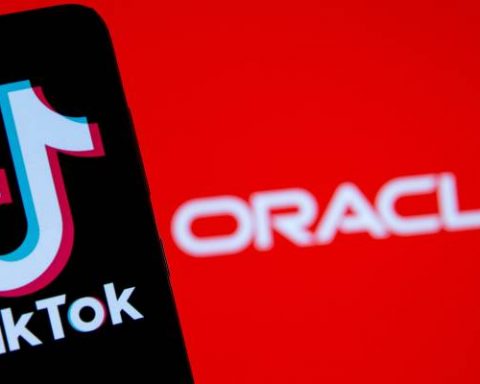A Japanese robot has set a new world record for solving a Rubik’s cube, demonstrating a phenomenal speed of 0,305 seconds.This achievement, recorded in the Guinness World Records, is almost 10 times faster than the speed of the fastest person.The secret of success lies in the clever design of the robot. It is equipped with a series of interconnected motors that manipulate puzzle pieces with lightning-fast precision.However, on the way to the record, the team encountered an unforeseen obstacle: the Rubik’s cube itself could not keep up with the speed of the robot.During the first test, a piece of the puzzle simply got stuck. But after a little modification of the mechanism, the record was conquered.The development of robots that can quickly solve a Rubik’s cube is not new. In 2009, the record was 1 minute and 4 seconds. Since then, the time barrier has been steadily decreasing.
In 2016, the robot already completed the task in less than a second, reports “MIR 24” with reference to The Daily Mail.

Robot breaks Guinness World Record for solving Rubik’s Cube — 10 times faster than any human
Latest from Technology

Disney Partners with OpenAI: $1 Billion Investment and Character Licensing for Sora
Los Angeles, December 2025 — Disney, one of the world’s leading media and film companies, officially announced a cooperation agreement with OpenAI. Under the

Foxconn Partners with OpenAI on Next-Generation AI Data Centers
Foxconn, a key supplier to Nvidia, announced on Friday that it is partnering with OpenAI to jointly develop multiple next generations of AI data

UNDP and Ministry of Communications Launch the International Startup Forum 2025 at TurkmenTel–2025 Conference
Ashgabat, 13 November 2025: On 13th November2025, the United Nations Development Programme (UNDP) in Turkmenistan, in cooperation with the Ministry of Communications of Turkmenistan,

How Oracle Went from Boring to Bold Again
A legacy tech giant finds new relevance in the AI era Once considered a conservative and slow-moving enterprise software company, Oracle is now making

Oracle to Take Over TikTok’s Algorithm in the US
A strategic move for digital sovereignty Following the completion of TikTok’s US segment sale, Oracle Corporation will assume control over the platform’s recommendation algorithm


